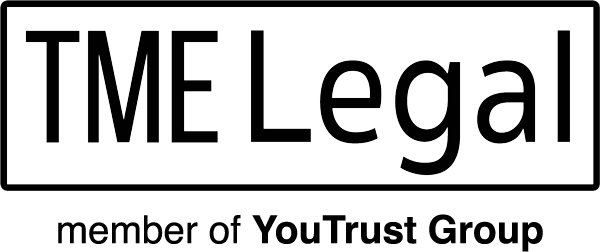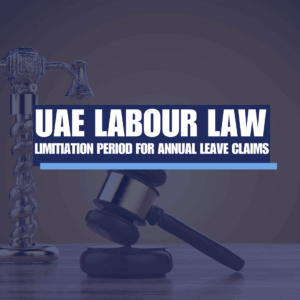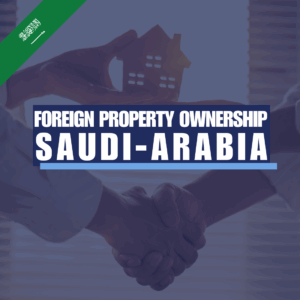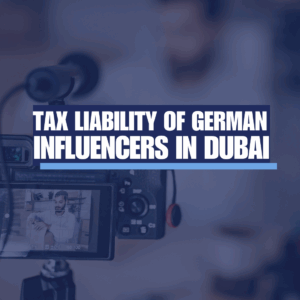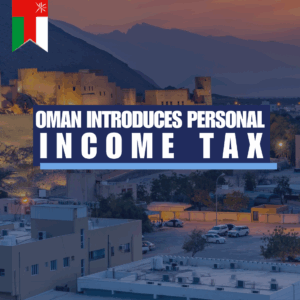I. Introduction
On 22 July 2025, the Dubai Free Zones Council (DFZC) introduced the Freezone One Passport, a licensing framework allowing companies licensed in one free zone to also operate in others—without needing separate trade licenses or new incorporation processes.
This supports Dubai’s drive to enhance its business environment and backs the Dubai Economic Agenda D33, which targets doubling the emirate’s GDP by 2033. The initiative streamlines regulatory procedures, reduces red tape, and enables faster expansion for startups and multinational firms. It also encourages collaboration across logistics, technology, manufacturing, and finance sectors.
II. Eligibility Requirements
According to DFZC guidelines, the initiative applies only under strict conditions:
- Excluded sectors: Retail, Designated Non-Financial Businesses and Professions (DNFBPs), and regulated financial institutions are not eligible.
- Warehousing restriction: Companies conducting professional activities cannot use this framework for warehousing.
- Consistent leadership: Shareholders, directors, and managers must be identical in the primary and secondary licenses.
- Identical activities: The licensed activities must match exactly across all zones.
- Physical workspace requirement: No virtual, flexi, or hot-desk offices allowed in the secondary free zone.
These rules ensure operational continuity and formal physical presence across zones.
The Freezone One Passport is a structural reform that cuts administrative duplication while retaining Dubai’s core free-zone benefits—100% foreign ownership, tax incentives, and premium infrastructure.
III. Conclusion
Eligible companies can design flexible multi-zone operations—such as combining logistics hubs in JAFZA with offices in DWTC—without extra licenses, enabling faster and more integrated growth.
